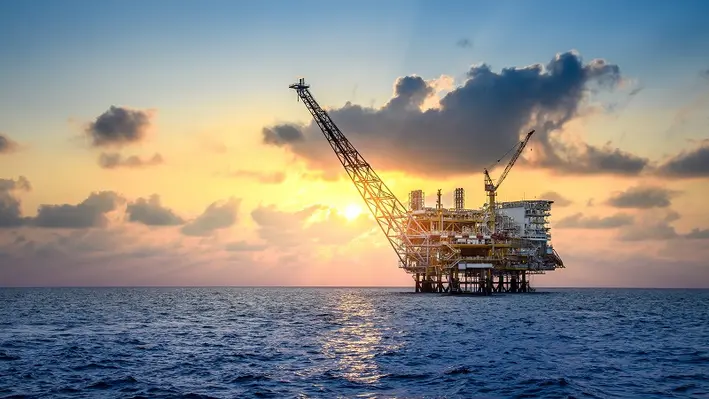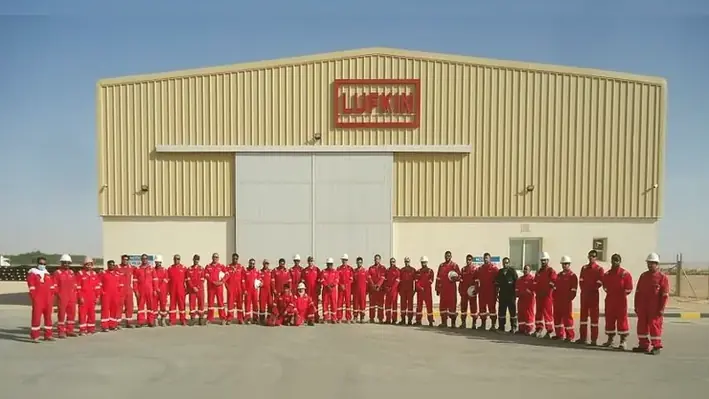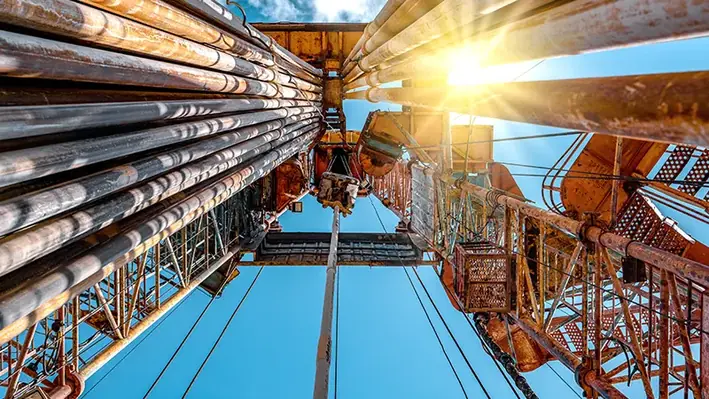 The Department of the Interior announced a final rule from the Bureau of Ocean Energy Management (BOEM) that makes the American oil and gas industry accountable to cover decommissioning costs of offshore platforms on the US Outer Continental Shelf (OCS).
The Department of the Interior announced a final rule from the Bureau of Ocean Energy Management (BOEM) that makes the American oil and gas industry accountable to cover decommissioning costs of offshore platforms on the US Outer Continental Shelf (OCS).
This announcement comes as a relief for American taxpayers who had to otherwise bear the brunt of the huge decommissioning liabilities if the oil and gas companies failed to meet them.
Updating 20-year-old regulations, the new law demands financial assurance requirements for the offshore oil and gas industry operating on the OCS. The Government Accountability Office (GAO) found that previous practices followed by industry operators on meeting decommissioning deadlines were not as clearly defined, exposing American taxpayers to bear the cost in the end.
The final Risk Management and Financial Assurance for OCS Lease and Grant Obligations rule amendments address these concerns and reduce financial risks associated with OCS development by substantially increasing the level of financial assurances that operators must provide in advance.
“The American taxpayer should not be held responsible when oil and gas companies are unable to clean up after their own operations. The Interior Department is committed to ensuring that the federal oil and gas leasing program is implemented fairly, with accountability and transparency,” said Secretary Deb Haaland. “This final rule updates, simplifies and strengthens outdated requirements to ensure that taxpayers are protected and current operators are held responsible for their end-of-lease cleanup obligations on the Outer Continental Shelf.”
“For far too long, the federal government has failed to follow through on measures to ensure accountability for oil and gas companies operating offshore,” said Principal Deputy Assistant Secretary for Land and Minerals Management, Dr Steve Feldgus. “Coupled with our recent announcement from the Bureau of Land Management, the Department is ensuring that we have a modern oil and gas leasing programme that protects taxpayers’ interests.”
“The offshore oil and gas industry has evolved significantly over the last 20 years, and our financial assurance regulations need to keep pace,” said BOEM Director Elizabeth Klein. “Today’s action addresses the outdated and insufficient approach to supplemental bonding that does not always accurately capture the risks that industry may pose for the American taxpayer – like financial health of a company or the value of the assets that the lessee holds.”
Financial health and reserve value
According to the new rules, BOEM will use a credit rating from a Nationally Recognised Statistical Rating Organisation or a proxy credit rating equivalent to access a company's financial strength. The bureau will also consider the current value of the remaining proved oil and gas reserves on the lease compared to the estimated cost of meeting decommissioning obligations. If the lease has significant reserves still available, then in the event of a bankruptcy, the lease will likely be acquired by another operator who will assume the plugging and abandonment liabilities.
Companies without an investment-grade credit rating or sufficient proved reserves will need to provide supplemental financial assurance to comply with the new rule.
BOEM believes that the industry will be required to provide US$6.9bn in new financial assurances to protect American taxpayers from assuming industry decommissioning costs. To provide industry with flexibility to meet the new financial assurance requirements, the bureau will allow current lessees and grant holders to request phased-in payments in a span of three years to meet the new supplemental financial assurance demands.




